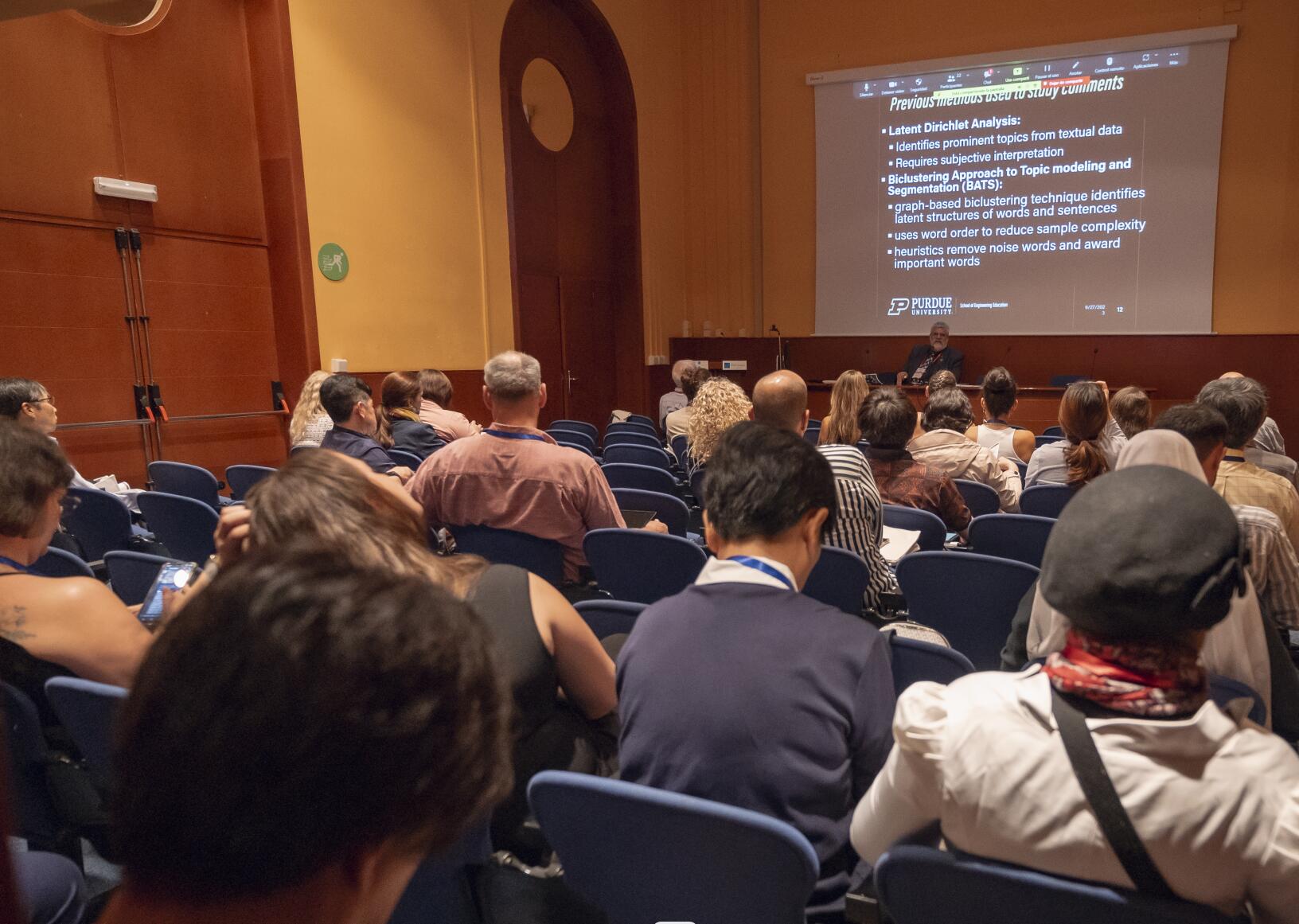What are the key points of comments from academic conference presenters?
When you are asked to serve as a moderator at an academic conference, your role becomes critical as you will be the key person to maintain order, ensure the smooth flow of the meeting, and facilitate communication between the various speakers. As a good presenter, here are some important points to take when preparing for and conducting academic conferences:

### Preparation
1. **Understand the agenda:** The host needs to be familiar with the entire agenda of the meeting, including the content of each topic, speakers and scheduled time.
2. **Contact Speakers:** Communicate with speakers in advance to confirm their needs and understand the focus of their speech.
3. **Time control management:** Make sure that every speaker starts and ends on time and that the agenda will not be delayed due to a certain link.
### Opening remarks
1. **Warm speech:** Welcome the participants at the beginning and establish a friendly and formal atmosphere.
2. **Describe the agenda:** Concisely describe the content and flow of the meeting, including breaks and Q&A.
3. **Reminder rules:** As needed, remind participants of the rules about questions and communication to ensure the efficiency and order of communication.
### Guide the discussion
1. **Ask questions:** When the speech is over, the moderator can ask his own questions to guide further discussion.
2. **Meeting Viewpoints:** If different points of view or controversy arise, the moderator needs to ensure that everyone in the conversation is heard and try to find consensus.
3. **Summary key points:** For each speech, the host can summarize the key points to help the audience better understand and remember.
### question Time
1. **Organize questions:** Ensure that the Q&A session is conducted in an orderly manner and avoid multiple speakers speaking at the same time.
2. **Balance Opportunities:** Try to give opportunities for diverse audiences to ask questions, especially encouraging younger or less confident academics to participate in the discussion.
3. **Time control:** Monitor the time to ensure that each question has enough time to answer, but at the same time avoid the Q&A session being too long.
### meeting dismiss
1. **Thank the Speakers:** Thank all speakers and recognize their contributions.
2. **Summary meeting:** Quickly review the highlights of the meeting and the main conclusions or consensus reached.
3. **Information notification:** If there are any follow-up actions or activities, remind attendees of relevant details.
### Comprehensive skills
1. **Communication Skills:** The host should have excellent communication skills and be able to express information clearly and accurately.
2. **Flexibility:** The host should remain calm and be able to respond quickly to possible technical failures or unexpected situations.
3. **Encourage participation:** The moderator should actively encourage participants to participate in the discussion and create an inclusive and stimulating environment for speaking.
Serving as the moderator of an academic conference is a unique and multi-skilled task. By preparing ahead of time, ensuring richness and depth in discussions, and good time management, facilitators can ensure that meetings run smoothly and provide a productive experience for all participants.
